Do you think you might have a codependent relationship in your life? It’s relatively common for families of people with substance use or mental health disorders. Codependent people have unhealthy relationships with each other. That doesn’t mean that there isn’t love or friendship. It just means that the relationship became unhealthy at some point and now may even feel toxic or overwhelming. There may also be abuse in the relationship.
Codependent relationships can occur between all types of people, whether they’re friends, spouses/partners, or family members. There is often manipulation on one side of the relationship, and sometimes domestic violence or emotional abuse is part of a pattern of the relationship.
What is Codependency?
Codependency is a term that explains a relationship that is unhealthy for both parties. Usually, one or both are needy or dependent upon each other in a way that’s not healthy for anyone. Relationships like this often involve one person trying to control or save the other. The other person in the relationship then obliges, doing things that cause them to need to be saved.
Codependent relationships cause one person’s sense of self-worth to become dependent on the other person’s actions, moods, or happiness.
Codependence in Addiction
For example, a woman who is struggling with alcohol addiction may go out to the bar alone and drive drunk every night. One day, the police pull her over for a DUI. They suspend her driver’s license, and the court requires attendance at alcohol education classes across town.
The husband of the woman with the alcohol problem feels needed and wanted when he takes her to her alcohol education classes. He also feels needed when his wife needs a ride to and from the bar every night. It also allows him to keep an eye on her and make sure she gets home safe, and fears that something bad could happen if he doesn’t drive her there and back.
His wife continues to drink alcohol and even begins to ask him for access to more money. She knows he loves her, and guilts him if he ever says no. So he ends up saying “yes” to things more and more often until his entire life is dwindling down to the time he spends “helping” his wife. She manipulates him as her addiction progresses until his life is reduced to being the full-time caretaker of a woman who is always drunk.
It’s a painful and dramatic cycle. It’s hard for both people to change. But the relationship is not sustainable the way it is, especially when somebody decides to get help.
When the wife finally gets sober, she doesn’t need her husband to take care of her all the time. Her husband feels like things have changed dramatically, but he’s not sure why he feels so bad. He feels unneeded and resentful that she suddenly has more space and independence. After all, he sacrificed himself for years! He needs help in coping with her new way of life.
Getting Help for Codependence, Mental Health Disorders or Addiction
Wellness and recovery are more than just buzz words when it comes to your mental health. We want to help you live your most authentic life, heal your relationships and learn new coping skills. Please call us at 949-245-9812 to learn more about how we can help you in your journey through life.


